
Braun Lab
Dr. Braun is an Assistant Professor in the Department of Neurosurgery at the Medical College of Georgia at Augusta University. She is also affiliated with the Transdisciplinary Research Initiative in Inflammaging and Brain Aging (TRIBA) and The Graduate School.
Her research focuses on the glymphatic system, a brain-wide network of perivascular pathways and aquaporin-4 (AQP4) water channels, that facilitates the exchange of fluid throughout the brain and is important for the transportation and clearance of solutes and brain waste. Glymphatic system dysfunction occurs in normal aging as well as many neurological disorders, such as Alzheimer's disease, Parkinson’s disease, stroke, traumatic brain injury, and cerebral small vessel disease.
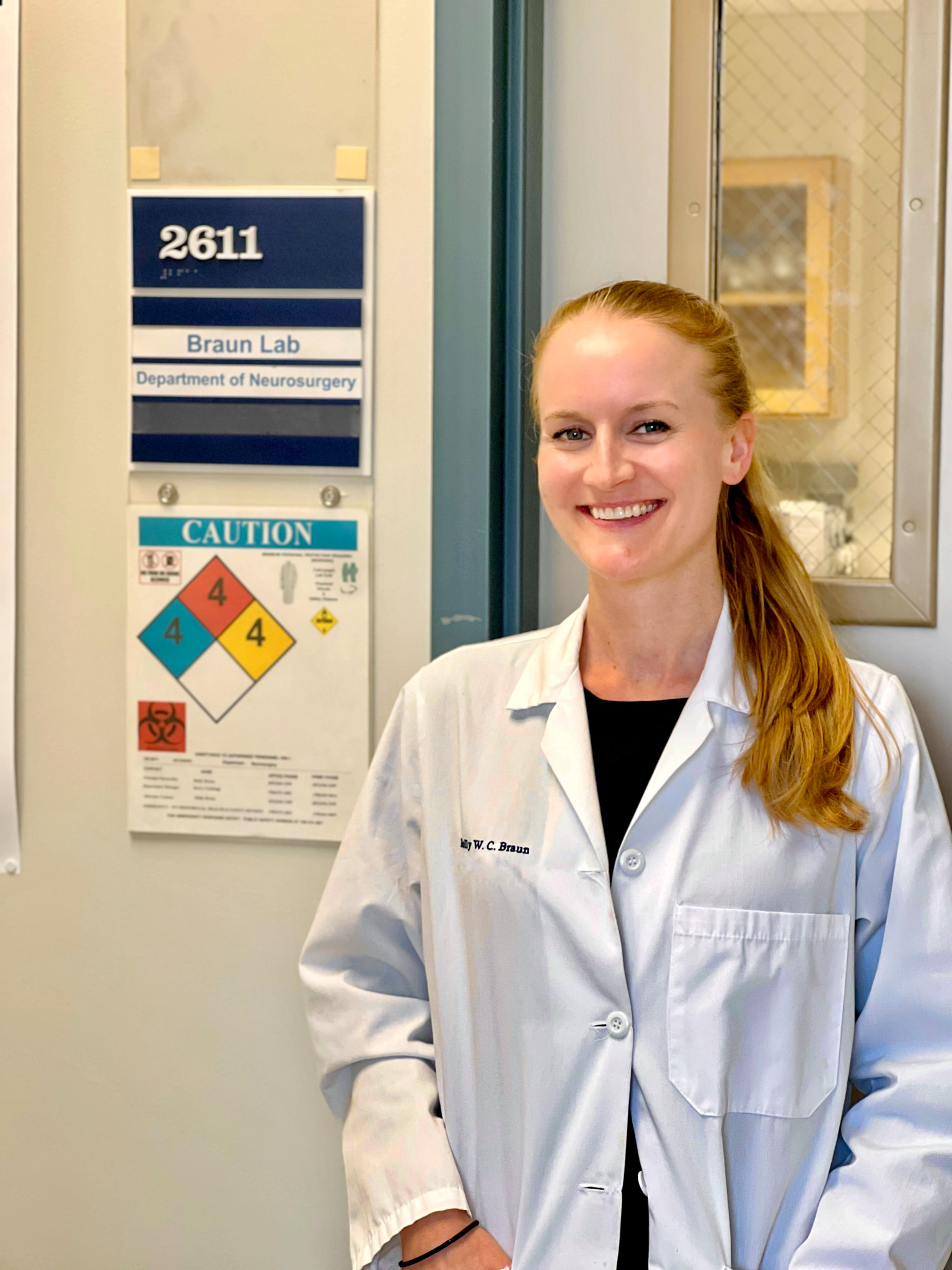
Educational Background
Dr. Braun completed her Bachelor of Science in Biological Sciences at the University of California, Santa Barbara. She then worked as a research writer for a clinician and became interested in neuroscience. She earned her Ph.D. in Neuroscience under the mentorship of Dr. Krishnan Dhandapani in the Department of Neurosurgery, here at the Medical College of Georgia at Augusta University. Her graduate studies focused on peripheral immune infiltration and activation in traumatic brain injury and identified various potential therapeutic targets for immunomodulation. She then completed a postdoctoral fellowship under the mentorship of Dr. Jeffrey Iliff in the Department of Psychiatry and Behavioral Sciences at the University of Washington School of Medicine and VA Puget Sound. Her postdoctoral research focused on glymphatic function in traumatic brain injury and Alzheimer’s disease.
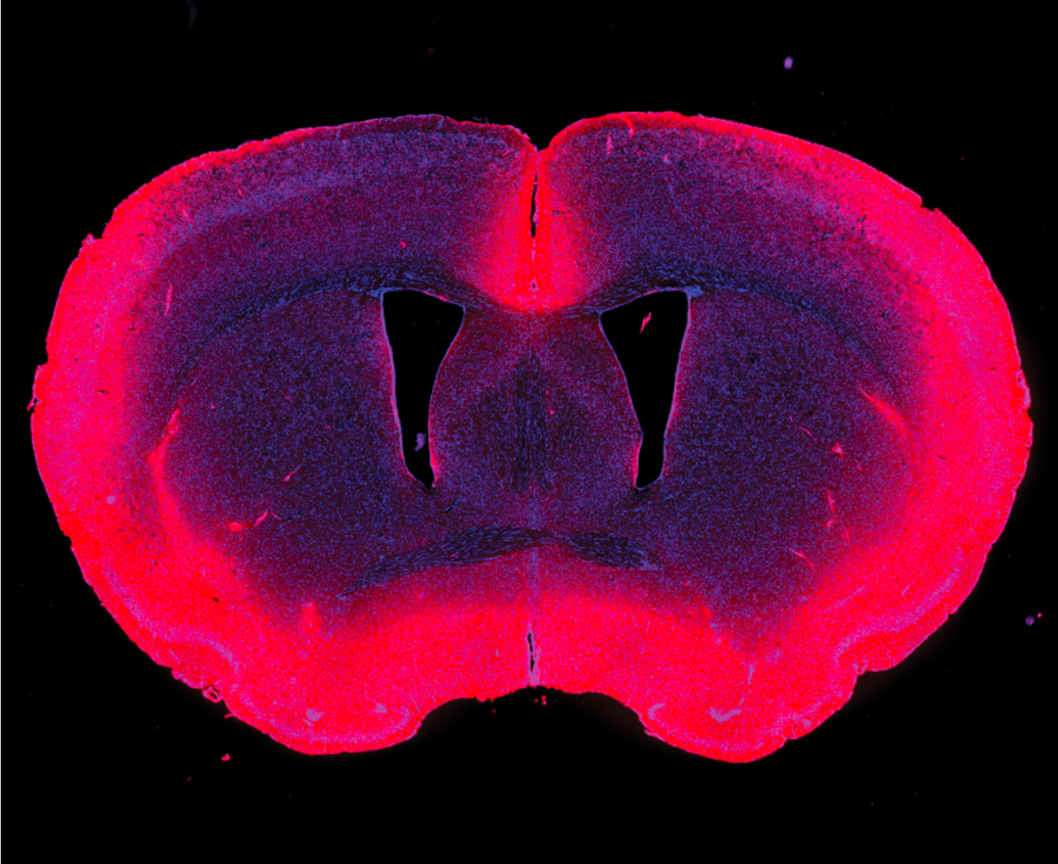
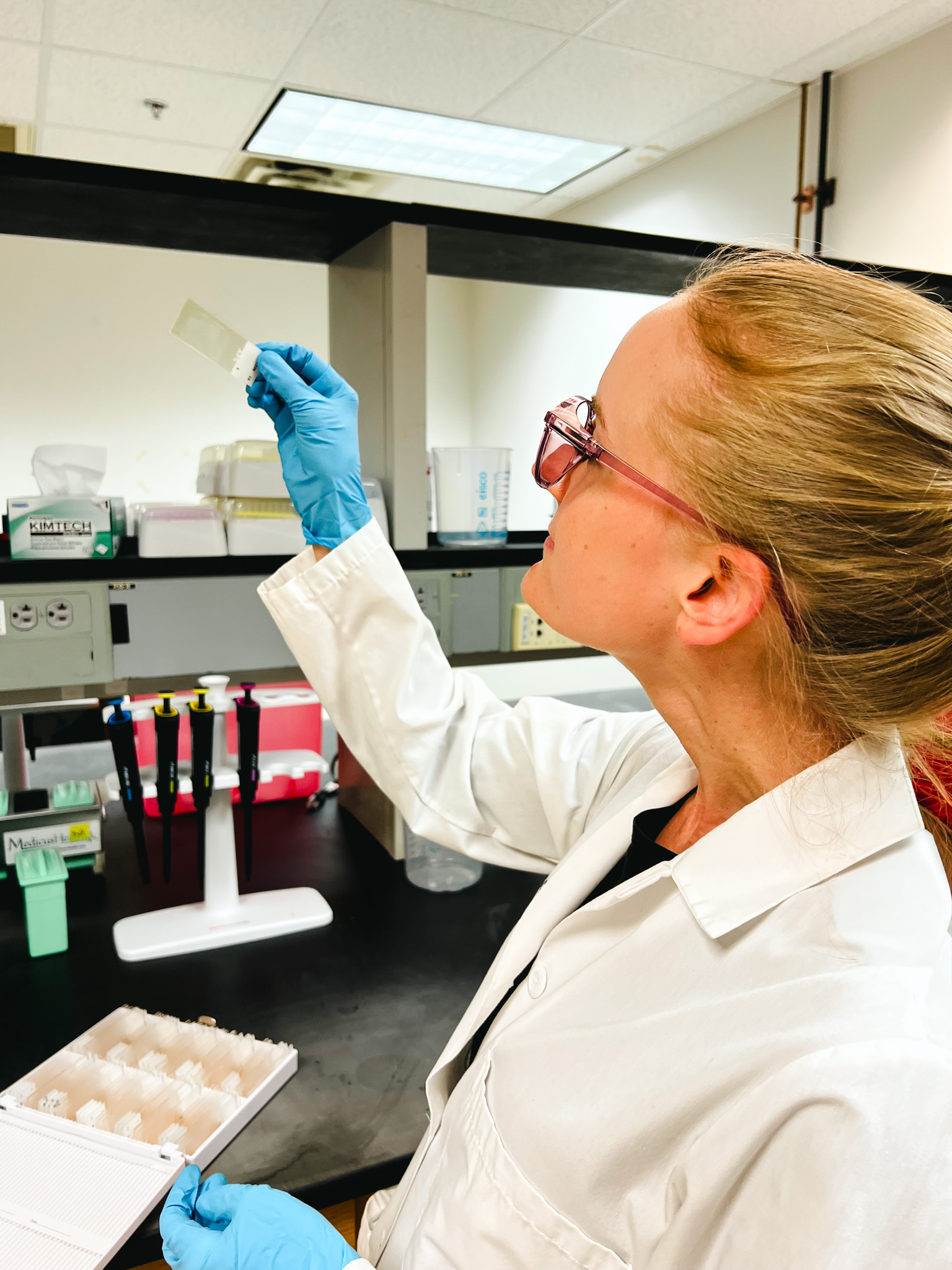
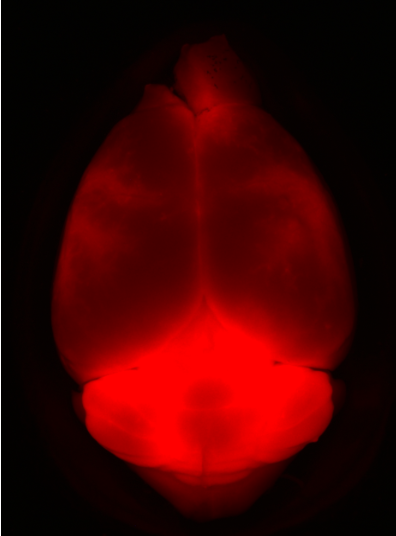
Research Focus & Contributions
Current projects in the lab are examining neutrophil extracellular trap-induced glymphatic dysfunction in Alzheimer’s disease and menopause-induced glymphatic dysfunction as a possible risk-factor for Alzheimer’s disease. The Braun lab is also examining differences in localization of AQP4 water channels across mammalian species with varying levels of cortical folding and how this may impact glymphatic function.
Traumatic Brain Injury:
Dr. Braun’s PhD work examined how neutrophil extracellular traps (NETs) decreased cerebral blood flow (CBF), increased edema, and worsened behavioral outcomes following TBI (Sci Adv 2020). In addition, she led projects that examined how macrophages activate pro-inflammatory T helper cells following TBI via a TLR4-dependent mechanism (J Immunol 2017) and how cannabinoid receptor-2 activation reduces neuroinflammation after TBI by shifting macrophages to more anti-inflammatory phenotypes (Brain Behav Immun 2018). Her work also examined how remote ischemic conditioning following intracerebral hemorrhage promotes hematoma resolution via AMPK-dependent immune regulation of macrophages (J Exp Med 2018). During her postdoctoral work she examined how changes in AQP4 mediate glymphatic impairment following blast TBI using both human post-mortem brain tissue, human MRI data, and a mouse model of mild repetitive blast injury (Brain 2024).
Alzheimer’s Disease & other neurodegenerative disease:
During her postdoctoral work, Dr. Braun examined how loss of perivascular aquaporin-4 (AQP4) localization impaired glymphatic function and promoted amyloid pathology, using both human post-mortem brain tissue and a double transgenic mouse model (Alzheimer’s Res Ther 2022). She also examined how AQP4 mislocalization impairs glymphatic clearance of alpha-synuclein (bioRxiv 2024) and tau pathology (in prep). Current projects in the Braun lab are continuing in this line of investigation, examining mechanisms of glymphatic dysfunction in Alzheimer’s disease.
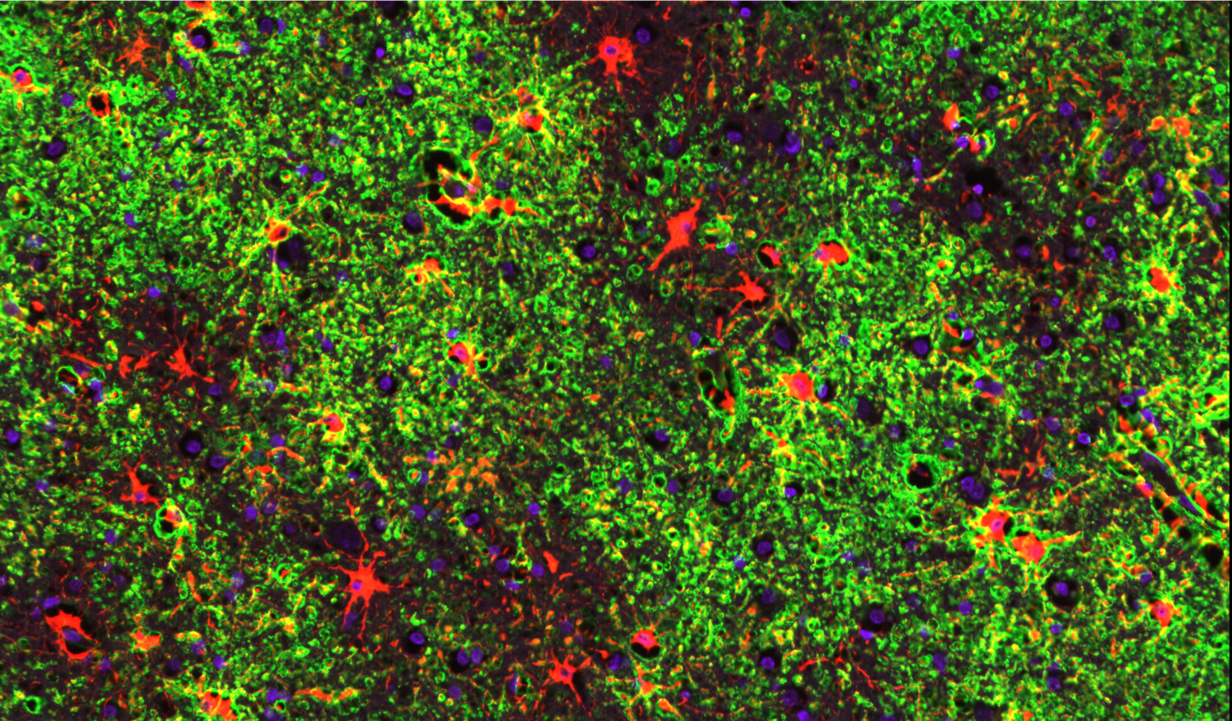
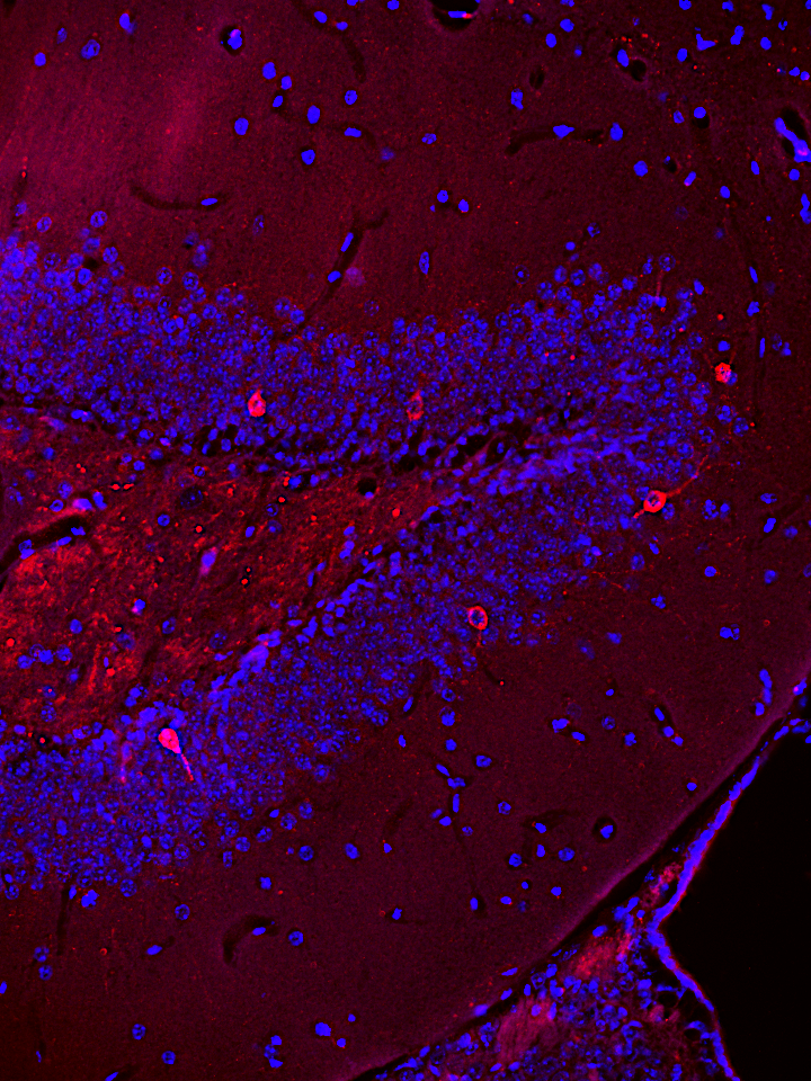
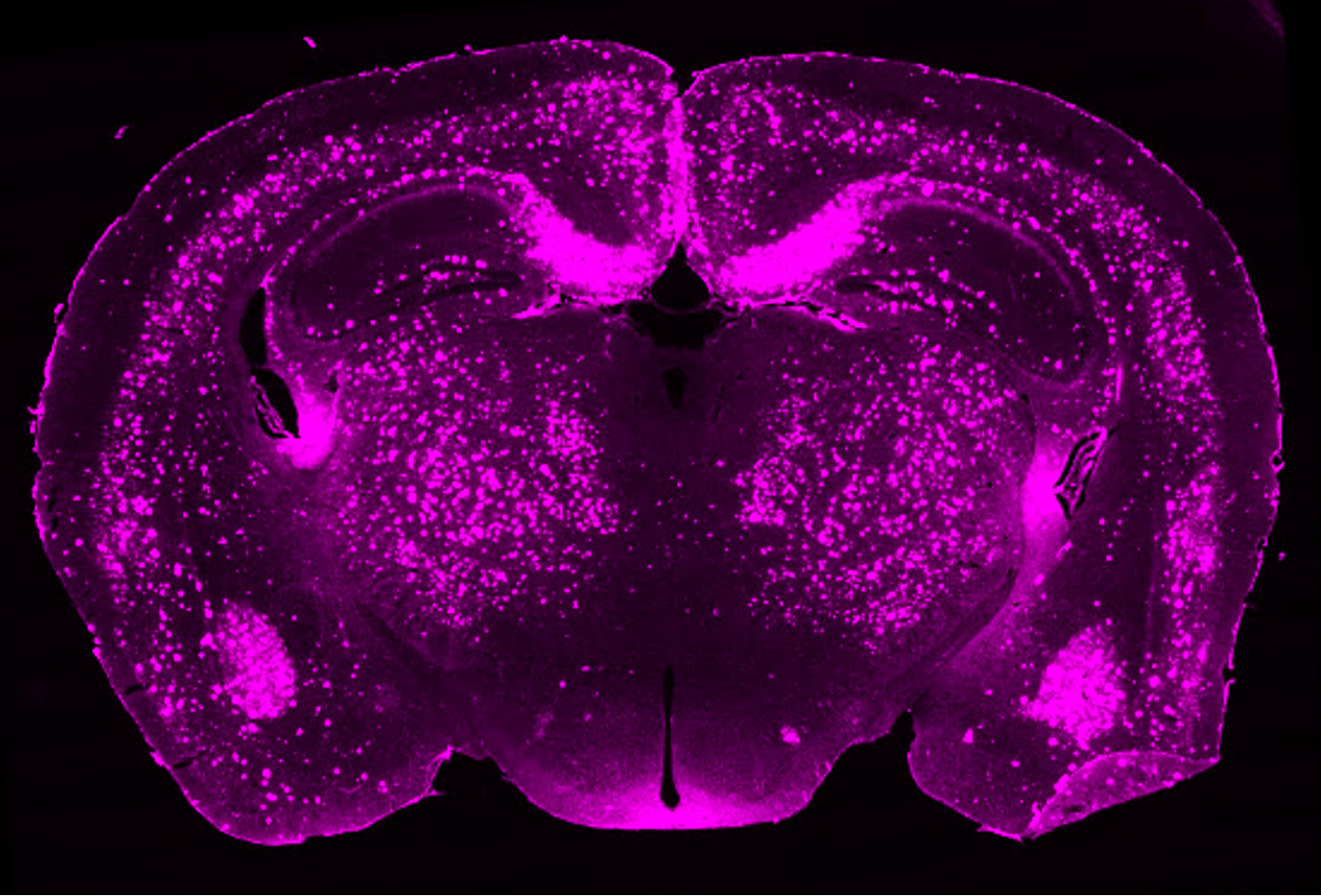
Publications
Lab Staff

Tabitha Royal
- Research Associate
Tabitha Royal has been a member of the lab since April 2025. She earned her Bachelor's degree in Pharmacy (B. Pharm) from the Birla Institute of Technology and Science, Pilani, in 2021, followed by a Master's degree in Neuroscience (MSc.) from Tel Aviv University in 2023. Tabitha specializes in molecular biology techniques and histology, manages and maintains the mouse colony, and is skilled in mouse handling and surgeries including bilateral ovariectomy and glymphatic tracer injections.
Nicholas Blasko
- Graduate Student
Nicholas Blasko is a volunteer in the lab who is currently pursuing a Master’s of Science in Medical Physiology at Augusta University. He earned a Bachelor’s of Science in Biochemistry from Georgia Southern University and has previous experience in benchwork working as a microbiologist and laboratory analyst in industry.
News
Glymphatic Impairment Following Blast TBI
https://newsroom.uw.edu/news-releases/injury-to-brain-cleansing-system-seen-after-combat-blasts
Neutrophil Extracellular Traps in Traumatic Brain Injury